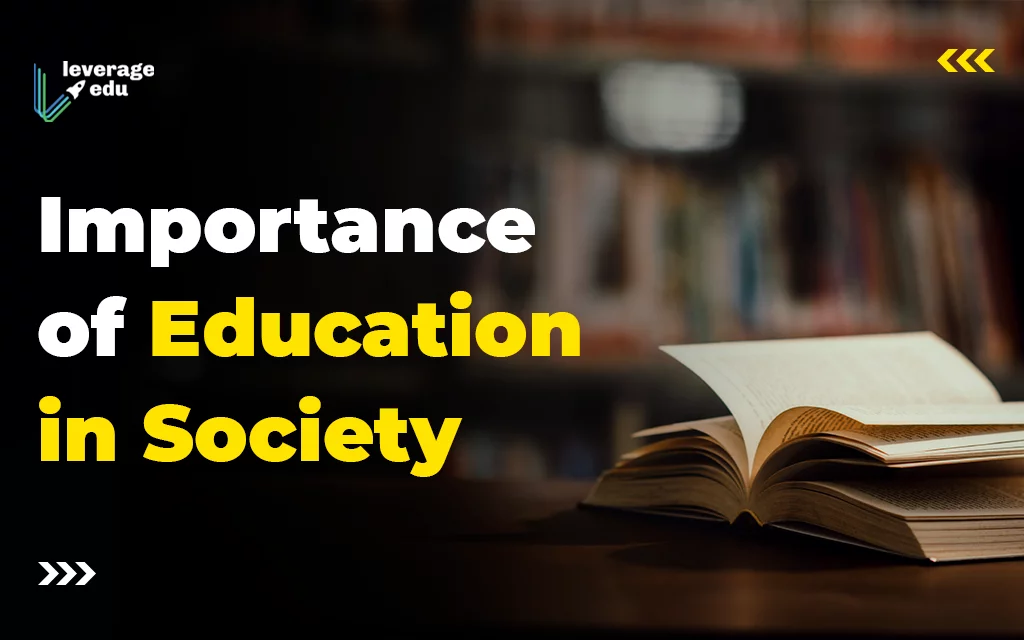General Principles of Assessment for Learning.
Basic Principles of Assessment are:
The Primary Purpose of Assessment is to Improve Student Learning. Assessment systems, including classroom and large-scale assessment, are organized around the primary purpose of improving student learning.
Assessment systems provide useful information about whether students have reached important learning goals and about the progress of each student.
They employ practices and methods that are consistent with learning goals, curriculum, instruction and current knowledge of how students learn.
Also read | Learning Science and Technology.
Classroom assessment that is integrated with curriculum and instruction, is the primary means of assessment.
Educators assess student learning through such methods as structured and informal observations and interviews, projects and tasks, tests, performances and exhibitions, audio. and video-tapes, experiments, portfolios and journals.
Multiple-choice methods and assessments intended to rank order or compare students, if used, are a limited part of the assessment system. The educational consequences of assessment are evaluated to ensure that the effects are beneficial.
Also read | The Aim of Education in Value Inculcation.
Assessment for Other Purposes Support Student Learning:
Assessment systems report on and certify student learning and provide information for school improvement and accountability by using practices that support important learning.
Teachers, schools and education systems make important decisions, such as high school. graduation, on the basis of information gathered over time, not a single assessment.
Information for accountability and improvement comes from regular, continuing work and assessment of students in schools and from large-scale assessments.
Accountability assessments use sampling procedures. Rigorous technical standards for assessment are developed and used to ensure high quality assessments and to monitor the actual educational consequences of assessment use.
Also read | What is Peer Group?
Assessment Systems are Fair to all Students:
Assessment systems, including instruments, policies, practices and uses, are fair to all students. Assessment systems ensure that all students receive fair treatment in order not to limit students present and future opportunities.
They allow for multiple methods to assess student’s progress and for multiple but equivalent ways for students to express knowledge and student’s actual knowledge.
They are created or appropriately adapted and accommodations are made to meet the specific needs of particular populations, such as English language learners and students with disabilities.
Educators provide students with instruction in the assessment methods that are used. Review committees study and approve each large-scale assessment.
Also read | Role of the State in Education According to Durkheim.
Professional Collaboration and Development Support Assessment:
Knowledgeable and fair educators are essential for high quality assessment. Assessment systems depend on educators who understand the full range of assessment purposes, use appropriately a variety of suitable methods, work collaboratively, and engage in ongoing professional development to improve their capability as assessors.
Schools of education prepare teachers and other educators well for assessing a diverse student population.
Educators determine and participate in professional development and work together to improve their craft. Their competence is strengthened by groups of teachers scoring students work at the district or state levels. Schools, districts, and states provide needed resources for professional development.
Also read | Status of Women Education in India.
The Broad Community Participates in Assessment Development:
Assessment systems draw on the community’s knowledge and ensure support by including parents, community members, and students, together with educators and professionals with particular expertise, in the development of the system.
Discussion of assessment purposes and methods involves a wide range of people interested in education. Parents, students, and members of the public join a variety of experts, teachers, and other educators in shaping the assessment system.
Also read | Role of State in Education.
Communication about Assessment is regular and clear:
Educators, schools, districts, and states clearly and regularly discuss assessment system practices and student and program progress with students, families, and the community.
Educators and institutions communicate, in ordinary language, the purposes, methods, and results of assessment They focus on what students know and are able to do, what they need to learn to do, and what will be done to facilitate improvement.
They report achievement data in terms of agreed-upon learning goals. Translations are provided as needed.
Also read | Relationship between Education and Society.
Assessment Systems Are Regularly Reviewed and Improved:
Assessment systems are regularly reviewed and improved to ensure that the systems are educationally beneficial to all students. Assessment systems must evolve and improve.
Even well-designed systems must adapt to changing conditions and increased knowledge. Reviews are the basis for making decisions to alter or part of the assessment system.
Reviewers include stakeholders in the education system and independent expert analysts. A cost-benefit analysis of the system, focuses on the effects of assessment on learning. These Principles, including “Foundations,” provide the basis for evaluating the system.





